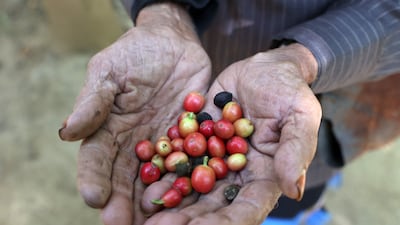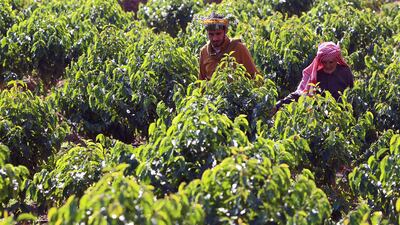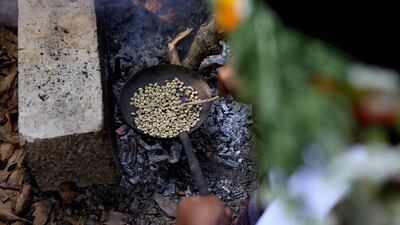Drinking moderate amounts of sweetened or unsweetened coffee, between 1.5 and 3.5 cups a day, could help you to live longer, a study has found.
Researchers from Southern Medical University in Guangzhou, China, used data from the UK Biobank health questionnaire to evaluate the associations of sugar-sweetened, artificially sweetened, and unsweetened coffee with all-cause and cause-specific deaths.
Their findings are featured in Annals of Internal Medicine.
More than 171,000 participants from the UK without known heart disease or cancer were asked dietary and behaviour questions to determine their coffee habits.
Those who drank any amount of unsweetened coffee were 16 to 21 per cent less likely to die in the following seven years than participants who did not drink coffee, the authors found.
They also found that participants who drank 1.5 to 3.5 daily cups of coffee sweetened with sugar were 29 to 31 per cent less likely to die than those who did not drink coffee.
Adults who drank sugar-sweetened coffee added only about 1 teaspoon of sugar for each cup of coffee on average.
The results for those who used artificial sweeteners were less clear, the study’s authors said.
Previous studies have found that drinking consumption is associated with a lower risk of death, but did not distinguish between unsweetened coffee and coffee with sugar or artificial sweeteners.
Researchers have said that there are a number of variables to consider when looking at the headline findings.
They said, for example, that while coffee has qualities that could be beneficial to health, it was difficult to measure differences in socioeconomic status, diet and other lifestyle factors that may affect findings.
Also, the data is collected from a country where tea is a similarly popular beverage.
They also caution that the average amount of daily sugar for each cup of coffee recorded in the study is much lower than drinks bought at popular coffee chains.











